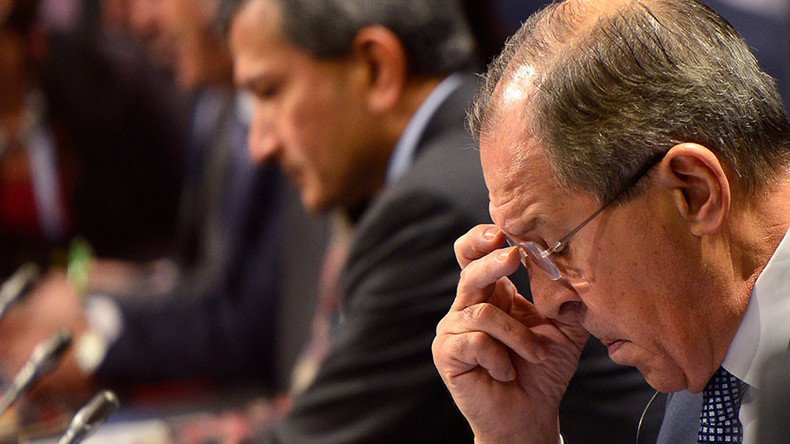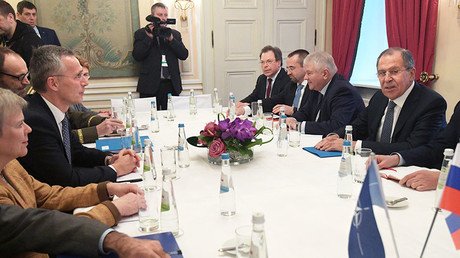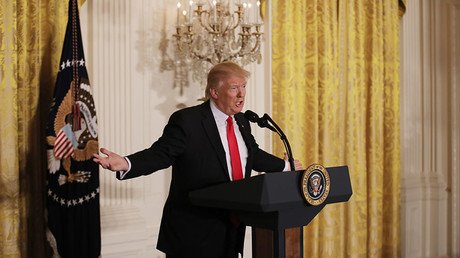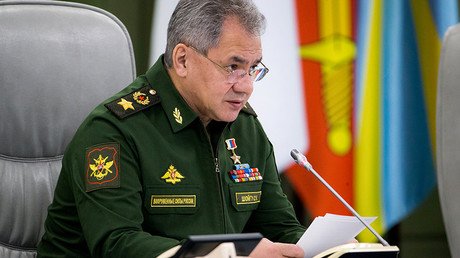Lavrov: NATO expansion led to tension in Europe unprecedented in last 30 years

NATO's expansion has led to an unprecedented level of tension over the last 30 years in Europe, judging by some statements made at the Security Conference, Russian Foreign Minister Sergey Lavrov said, speaking in Munich.
Lavrov told NATO Secretary-General Jens Stoltenberg that he supports the resumption of military cooperation with the alliance. Without it, the diplomats’ meetings do not make any sense, he said. “We need to resume [our] military cooperation. [And yet] NATO Secretary-General Jens Stoltenberg, surrounded by his deputies yesterday, couldn’t say that NATO is ready for this. It's sad,” Lavrov said.
“NATO's expansion has led to an unprecedented level of tension over the last 30 years in Europe," he added.
Russia is not looking for conflicts with anyone, but will always be able to protect its interests, the diplomat said.
“What kind of relationship do we want with the US? One [based on] pragmatism, mutual respect, and an understanding of special responsibility for global stability,” he stated.
Citing a message from one of the most influential 19th-century Russian diplomats to his American counterpart, which said that any conflicting interests could be harmonized through “justice” and “modesty,” Lavrov said that the same approach could strengthen the modern world.
“If everyone adopts that approach, we could overcome the period of post-truth fast and resist information wars imposed on the international community,” he said.
Statements made by Western politicians at the Munich Security Conference demonstrate that the Cold War is not over yet, Lavrov said. “They say that all wars begin in the minds of people, and by this logic, that’s where they are supposed to come to an end. However, this hasn’t been the case with the Cold War yet, [at least] judging by some speeches of politicians in Europe and in the US, including statements that were made yesterday and today at the beginning of our conference.”
Lavrov noted that 2017 marks 20 years since the signing of the NATO-Russia Founding Act in Paris, and 15 years since the adoption of the Rome Summit Declaration on the new form of Russia-NATO relations.
“A commitment from Russia and the West to jointly provide security, based on respect for each other's interests, to enhance mutual trust, prevent a split in the Euro-Atlantic area, and to erase the dividing lines, formed the basis of these documents,” the Russian FM said.
Moscow disagrees with claims that it has attempted to undermine the "so-called liberal world order," he said.
According to Lavrov, Moscow's position in the dialogue with the EU and NATO is “confident, based on fair calculations that we share with our colleagues.”
“If they want to overcome this artificially created confrontational stage, they have it in their power,” Lavrov added, noting that there are no facts to stand on, regarding alleged interference in the electoral process in the United States, France, and Germany by Russian hackers.
“Show us the facts,” the diplomat said.
“For some reason, when we are accused of something, no one requires any facts. I haven’t seen a single fact proving that we allegedly attempted to break into some websites of the Democratic Party, or were supposedly doing something in France and Germany,” the minister said.
Lavrov added that Angela Merkel's statement on the need to discuss cybersecurity within the framework of the NATO-Russia Council was a signal to a complete restoration of its work.
“As we began to talk about cybersecurity today, Chancellor Merkel has put forward a very interesting idea that the NATO-Russia Council (NRC) would have to deal with this problem. If the Chancellor of Germany, one of the leading NATO member states, speaks in favor of NATO tackling cybersecurity, I assume that at least Berlin wants the NRC to resume its full functioning, and not just limit itself to discussions,” Lavrov noted.
Russia utterly fails to understand the fixation in the West with the issue of cyber-espionage, as well as the tendency to lay the responsibility for the settlement of the crisis in Ukraine exclusively on Moscow, according to Lavrov.
Linking the lifting of the sanctions from Russia with the implementation of the Minsk Agreements is illogical, he continued.
Russia will not lift its sanctions against the EU either, until the Minsk Agreements are met, he said.
“We also want the Minsk Agreements to be implemented, and we will not remove our sanctions from the EU until the Minsk Agreements are fully met. This also must be understood,” Lavrov pointed out, adding that progress on sorting out the security situation in Donbass should not be an end in itself. "Our common goal is the full implementation of the Minsk Agreements,” he said.
Despite the ongoing public rhetoric, Lavrov hopes that Europe is sending signals to Kiev on the need to implement the Minsk deal.















